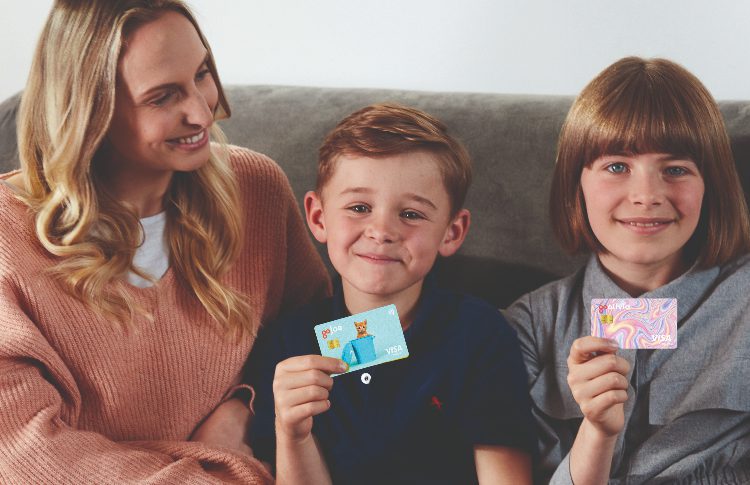Getting your kids to understand the value of money can be challenging. Younger kids tend to think money simply comes out of the ATM, while older kids assume cash is always on tap (via you) whenever they need it. This is why helping kids to understand the value of money is key to ensuring they make sound financial decisions for life.
Why should you teach kids the value of money?
No matter your child’s age, the basis of a good financial education starts with learning about the value of money. Without this fundamental concept, kids will assume cash is always available, doesn’t have to be earned and is not something they need to be concerned about.
The sooner you start, the better. Financial education can start at any age, and the sooner you start, the better, as it allows kids to build their financial literacy step by step in an age-appropriate way.
According to a Cambridge University study, most children can grasp the value of money by the age of 7. It sounds early, but by seven, kids start to think logically, understand reasoning and are capable of more complex thoughts.
Explain money and answer all questions
The best financial lessons are the ones you regularly discuss with your kids. Don’t be afraid to talk in an age-appropriate way about how much things cost, how you work to earn money, and how the money you earn pays for food, clothes, and outings. This helps kids understand that cash flow isn’t endless, and you need to make careful choices around spending.
Everything is easier when you’re having fun
As any parent knows, messages are more likely to stick for kids when information feels less like a lesson. The best way to help kids understand the value of money is to give them pocket money and allow them to make decisions with it.
For instance, if they ask for a toy or a treat, suggest they buy it with pocket money. This allows them to think about how much money they have, how much they will have left if they buy the toy/treat, and if the item is worth buying.
Another way to teach kids the value of money is with games, and role play. Some of the best games for younger children are designed by Orchard Toys look for Shopping List, Pop to the Shops and the Money Match Cafe Game.
For older kids try board games such as Game of Life and of course Minecraft, which teaches kids all they need to know about managing limited resources strategically and delaying gratification.
Finally, do not underestimate the value of role playing games such as running your own pretend cafe or shop at home with real coins and your kids as customers.
Start them with pocket money
The best way to really bring home the messages about the value of money is to let your children experiment and learn with their own money.
Louise Hill COO for GoHenry says, “”It doesn’t matter how much you give, it can be 5p or £5, but the act of paying regular pocket money helps open up conversations around finances. It’s so important to talk about money at home; where it comes from; why it’s important to save; that when it’s gone, it’s gone; and the role donating to people less fortunate plays in society. It’s particularly important as we move to a cashless society and children don’t see money physically exchange hands in the way they used to”.
Show kids the value of giving
We all want our kids to be grateful for what they have and show compassion for those in need. Which is why teaching them about the importance of giving and thinking of others can help them grow into productive, kind and generous adults.
Use everyday examples of giving and donating that your kids can relate to. For instance, that time they gave their old toys and clothes to the charity shop to help others. Or the time they bought a red nose for Comic Relief . Point out that these little acts of kindness are examples of donating to help others. You can then use this to build on and explain other ways they can donate, such as donating through the Giving feature on the GoHenry app.
How GoHenry can help
A GoHenry card can help cement the money lessons you teach your kids and teens by showing them the benefits of earning, saving and how to spend sensibly. The GoHenry app also features in-app gamified money lessons, Money Missions, which allow kids to earn points while watching videos and taking interactive quizzes on topics including saving money, spending wisely, and investing. The app is designed to be used alongside its prepaid debit card for kids.
Start your free 3 month trial today exclusive for KidStart members – use code AFUKKST3M at checkout.

